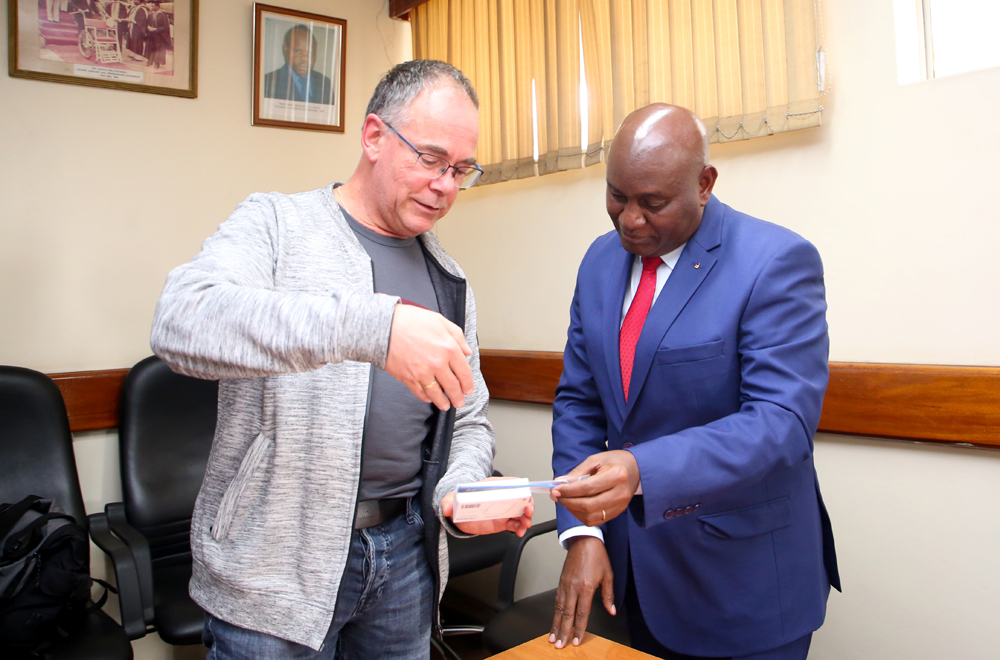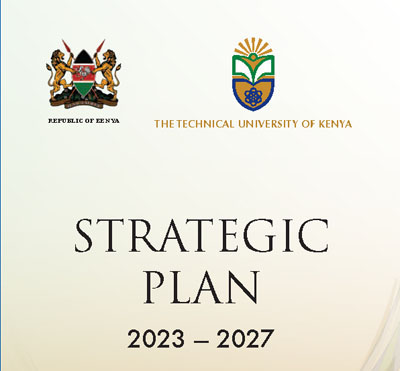The Sustainable Energy Education District (SEED) project is expected to roll out the green energy solution to communities in the informal settlements in Nairobi as the three-year research comes to an end. This is the first phase of the project. A joint taskforce from the Technical University of Kenya (TU-K), German and Mozambique is expected to present the project to energy sector players like Kenya Power, government, partnering NGO’s and the consumers.
The project being implemented in Kenya and Mozambique is aimed at developing a comprehensive and sustainable energy supply concept in the informal settlements and would be replicated in other cities in Sub-Saharan Africa.
The technical team members with their leads Prof. Alex Muumbo (TU-K), Prof. Wilfried Zörner, project leader (Technische Hochschule Ingolstadt – Universitat Bayreuth, German) and Prof. Alberto Júlio Tsamba (Universidade Eduardo Mondlane) met the TU-K VC Prof. Benedict Mutua.
The project, dubbed Energy-Hub, was developed at the informal settlement in Mukuru. The concept is set to provide a comprehensive and sustainable energy supply that addresses the different energy needs of the population living in informal settlements and thus supports the local infrastructure.
In sub-Saharan Africa, half of the population has no access to electricity. People living in informal settlements in cities, as well as the population in rural areas, are particularly affected. Therefore, illegal and unsafe electricity supply structures are often established in informal settlements, which entail risks such as increased fire or health hazards.
The solar-powered energy concept is therefore set to provide communities with access to electricity for lighting and hot water, among other opportunities.
The energy hub is touted to attract a host of diverse potential consumers, such as small entrepreneurs, local households, and public services. At the same time, a greater awareness of the potential of renewable energy resources will be created among the local population and authorities through different workshops. The project consortium will also establish a valid legal framework for a decentralised energy supply in the target areas and, subsequently, create business models for mobile payment processing for energy use.
In the open space underneath the SEED Energy Hub's solar system, workshops on important topics, including the benefits of renewable energies, and training sessions promoting economic activity in the informal settlements will be held.
The VC, Prof. Mutua, expressed his excitement, noting that such ingenious solutions improve the lives of those living in informal settlements because most of them are off-grid, which hinders their social-economic development.
The VC committed that the university fully supports such research and innovations geared towards supporting communities.


